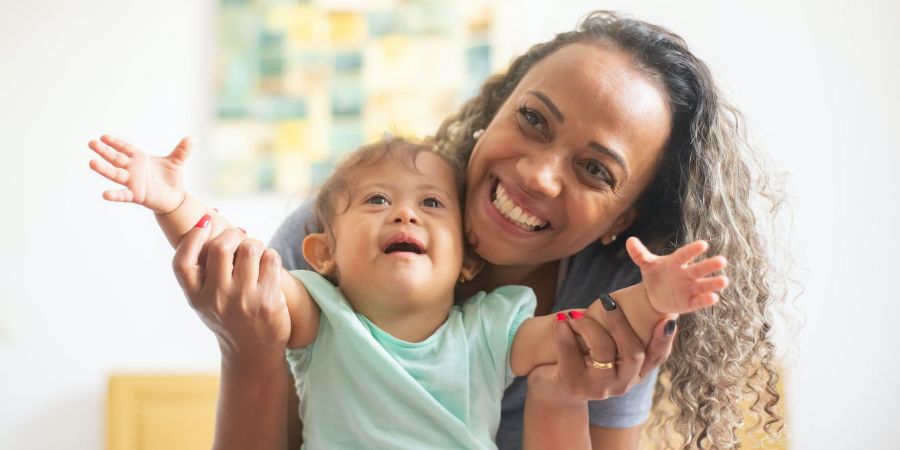

Down Syndrome is a genetic disorder that affects millions of people worldwide. In India, it is estimated that approximately 23,000 babies are born with this genetic condition every year. Despite this high number, there is still a lack of awareness and understanding of the condition among common people in India. In this article, we will discuss the concerns of common people regarding this genetic condition in India and provide insights into how we can address them.
One of the main concerns of common people regarding Down Syndrome is the lack of access to proper healthcare and support services. Many families with children with this condition face challenges in accessing specialized medical care, therapy, and educational resources. This is due to the lack of awareness and inadequate infrastructure to support individuals with this genetic condition. Moreover, the stigma associated with the syndrome often leads to social isolation and discrimination.
Another concern of common people in India is the financial burden associated with raising a child with the Syndrome. Families with those children often face higher healthcare and educational expenses than others, which can lead to financial strain. In addition, many parents may need to give up their careers to take care of their children, further exacerbating the financial burden.
The lack of employment opportunities and social acceptance for individuals with DS is also a concern for common people in India. Many individuals with this condition face challenges in finding meaningful employment and are often excluded from mainstream society. This can lead to social isolation and a lack of fulfilment in life.

To address these concerns, we need to raise awareness and promote inclusion for individuals with DS in India. This can be done through various initiatives, such as:
An inspirational story from Bangalore
One inspiring success story of a child with Down Syndrome in India is that of Sujith Gowda. Sujith, born in Bangalore in 1994, was diagnosed with the syndrome soon after his birth. Despite this, his parents refused to give up on him and decided to give him the best possible life.
His parents recognized that he had a talent for music from a young age and encouraged him to pursue his passion. He started learning Karnatic music at the age of 5 and quickly showed remarkable progress. He went on to perform at various music concerts and events, and his talent was recognized by many leading musicians in India.
In 2010, he participated in the Indian television show "Kannadada Kotyadhipati" (the Kannada version of "Who Wants to Be a Millionaire?"). He answered all the questions correctly and won a prize of Rs. 50 lakh (approximately $70,000). He then donated a part of his winnings to various charitable organizations.
His success on the show brought him national recognition, and he became a source of inspiration for many people with this genetic condition and other disabilities in India. He went on to give many music performances, and his talent was appreciated by audiences across the country.
His success story is a testament to the fact that individuals with Down syndrome can achieve great things if given the opportunity and support. With the love and encouragement of his parents, he was able to pursue his passion and reach great heights. His success also helped to raise awareness about Down syndrome and promote inclusion for individuals with disabilities in India.
His story is just one of many success stories of individuals with DS in India. It serves as a reminder that every child, regardless of their abilities, has the potential to achieve great things and make a positive impact on the world.
Down syndrome is a significant concern for common people in India, and there is a need to address the challenges faced by individuals and families affected by the condition. By raising awareness and promoting inclusion, we can create a more supportive and inclusive society for individuals with this genetic condition and their families.
